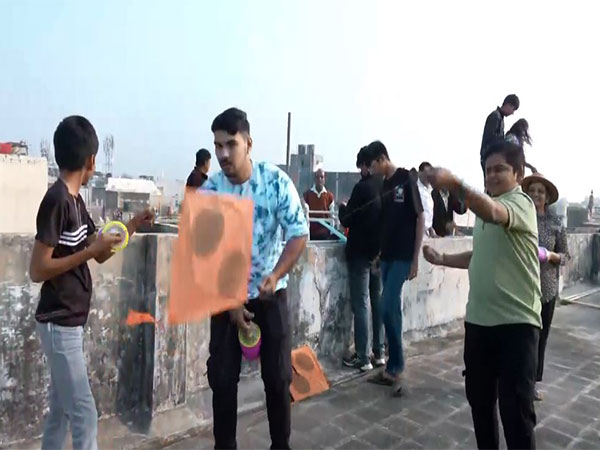Gujarat's Sky Ablaze: Makar Sankranti and the International Kite Festival 2025
Gujarat celebrated Makar Sankranti with vibrant kite flying, marking the International Kite Festival 2025. The festival sees participation from 153 global and 865 local kite flyers. Chief Minister Bhupendra Patel extended wishes for prosperity and unity. Makar Sankranti is observed nationwide, symbolizing the Sun's transition and involving acts of charity.

- Country:
- India
In Gujarat, the festival of Makar Sankranti, famously known as Uttarayan, brought the state's skyline to life on Tuesday with vibrant kite-flying festivities. Residents took to rooftops for a dazzling view of colorful kites, engaging in the merriment that this festival traditionally signifies.
Chief Minister Bhupendra Patel conveyed his greetings to the people in his Makar Sankranti message, invoking blessings from Lord Suryanarayan. "May this auspicious nature festival bring prosperity, progress, and happiness, pushing our state and country to new developmental heights and fostering societal unity," he stated. Meanwhile, the Gujarat Tourism Corporation has kickstarted the 'International Kite Festival - 2025', spanning January 11-14 across major locations including the Statue of Unity, Rajkot, and Vadodara.
The festival witnesses a global gathering, with 143 kite flyers from 47 countries and substantial national and local participation. A total of 153 flyers from 55 countries and 865 from 23 cities in Gujarat embellish the skyline. This year, participants hail from nations like Argentina, Australia, and Vietnam, underscoring the festival's international allure.
Celebrated nationwide, Makar Sankranti reflects the Sun's transit into Capricorn, marking Uttarayan's onset. Devotees partake in river bathing rites believed to purify sins and uphold spiritual merit. Additionally, acts of charity, traditional delicacies, and the cherished kite tradition characterize the festival universally known as Pongal, Bihu, or Maghi in various regions.
(With inputs from agencies.)










